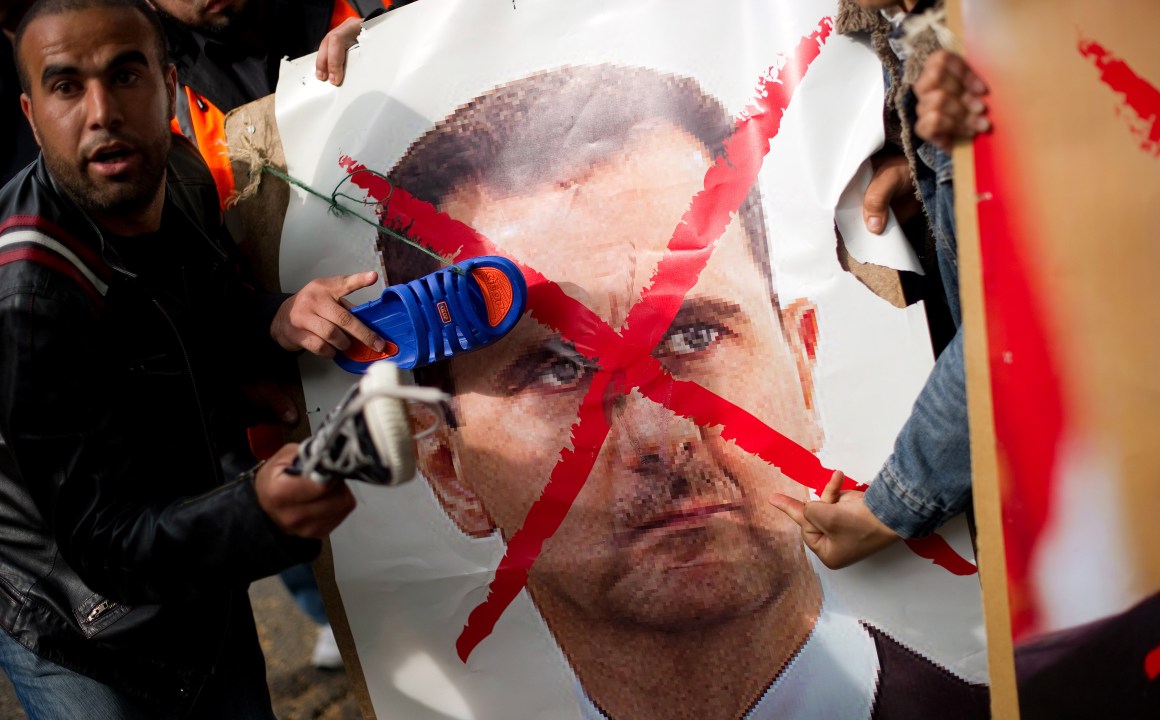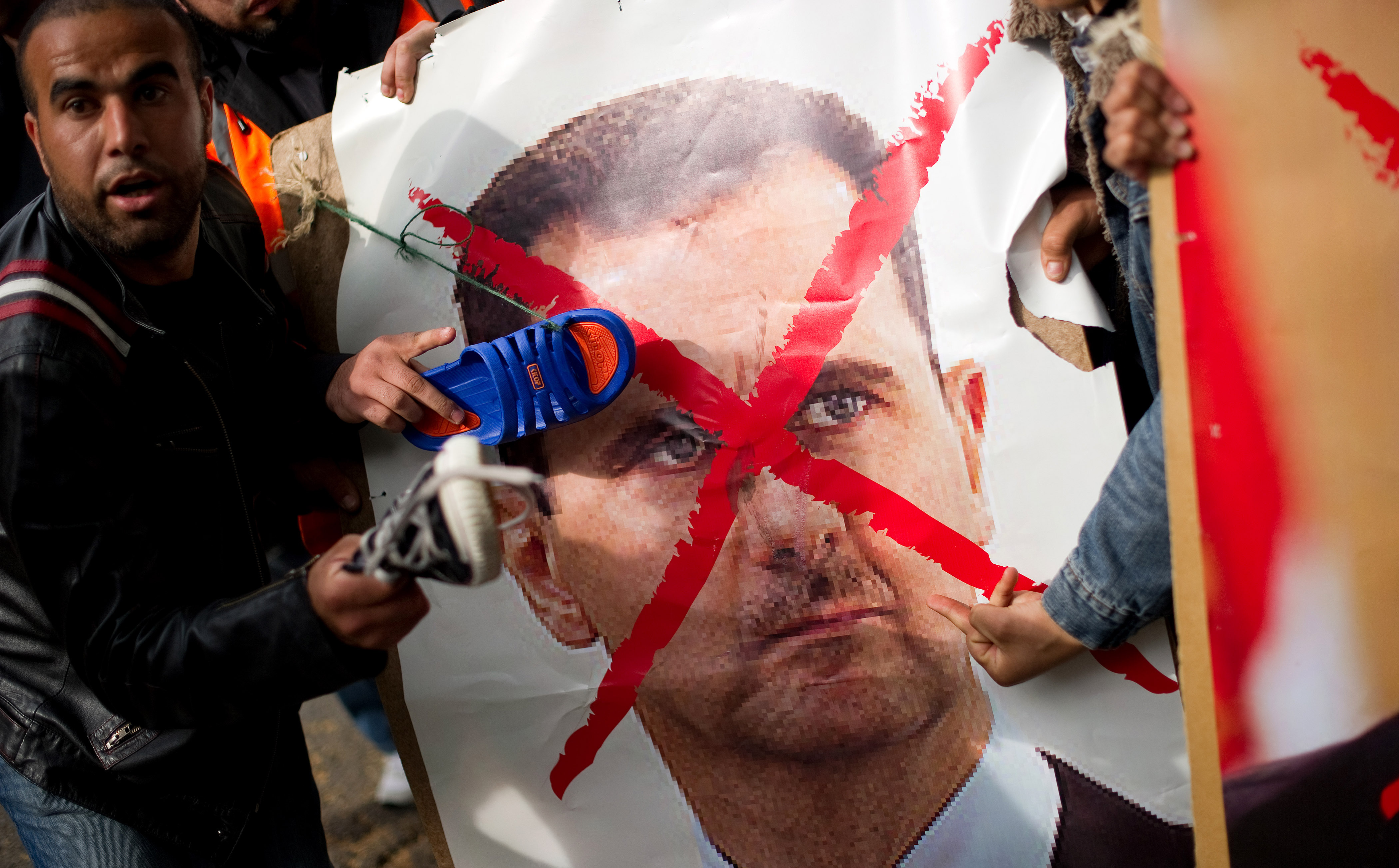 With more than 800 people thought to have died in Syria, the situation is getting more
and more serious. President Bashar al-Assad has clearly decided he cannot allow any challenge to his regime and has rejected even the advice of friends like Turkey and Qatar to step back from the
brink.
With more than 800 people thought to have died in Syria, the situation is getting more
and more serious. President Bashar al-Assad has clearly decided he cannot allow any challenge to his regime and has rejected even the advice of friends like Turkey and Qatar to step back from the
brink.
The military — principally the loyalist 4th and 5th divisions — has now perfected their anti-protest tactics. People in Hama and Homs are fearing that what was visited upon Deera — where the regime cut off water, electricity and telephones before assaulting the city — will happen to them.
Yet, for all this, it would be wrong to think that Syria is on the edge of an all-out uprising against the regime, for a number of reasons. President Assad remains, if not popular, then at least respected by many Syrians. No more that 150,000 people have demonstrated for change and it is not yet seen as “cool”, like it was in Egypt, for well-educated middle-class students to oppose the regime. The minority Alawite leadership is also supported by Iran and possibly Hezbollah, while the West has not yet pushed for Assad’s departure. Finally, many Syrians fear the chaos that the toppling of the regime might entail. Having seen Lebanon and Iraq tear themselves apart (with Syrian help), they worry what will happen to them.
There are, however, signs to watch out for, which will indicate whether the situation is shifting. First, unrest in Damascaus and Aleppo. If unrest spreads to Syria’s two major cities, then the problems facing Assad will become more urgent. Second, if the Kurds begin protesting too. So far, they have remained quiet, waiting to see whether the protests gather steam. If they join in, it will be a good sign that the protests are seen as unstoppable. Third, if parts of the army begin defecting in numbers, creating a schism inside the security forces.
In response to the unrest, the European Union imposed sanctions against President Bashar al-Assad’s regime last Tuesday. The sanctions include travel bans and asset freezes that target 13 Syrian officials. More may come. But the West has few levers and there are no signs that targeting the regime elite will force the government to change its course. In Syria, the “Arab Spring” may have encountered its most difficult phase.







Comments